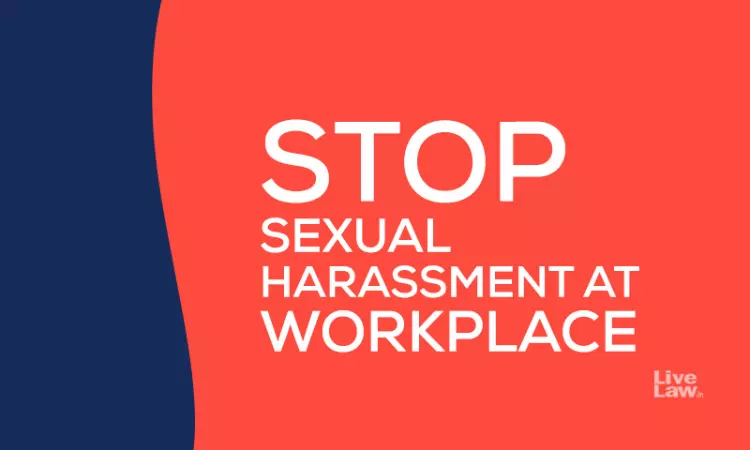The Kerala High Court has held that oral complaints given by an employee alleging sexual harassment to various authorities cannot be a substitute for a written complaint for carrying an inquiry under Section 11 of the Prevention of Sexual Harassment at Workplace Act.In the facts of the case, the local level committee constituted under Section 6 of the Act initiated the inquiry based on...

